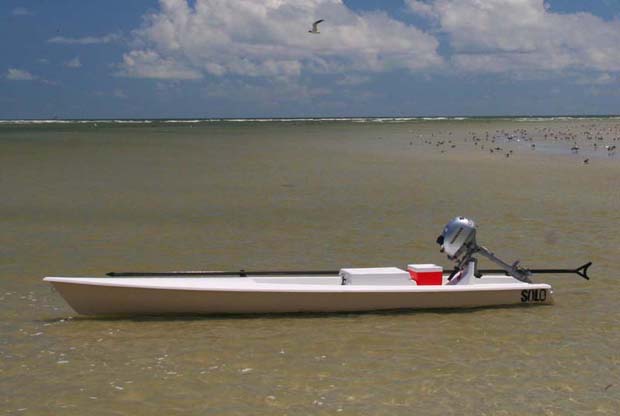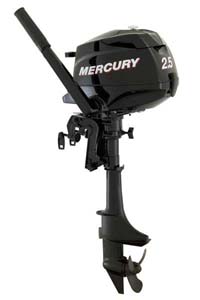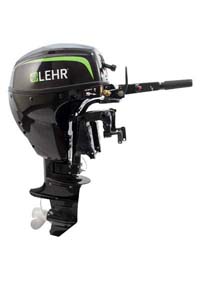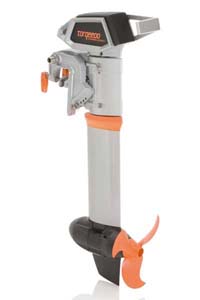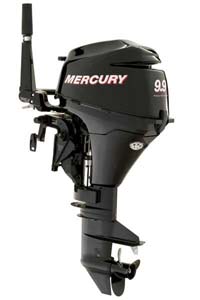Paul Bruno / Maritime Expert / Pros and Cons of Electric Outboards
Pros
A Simple System with Less Maintenance than Conventional Gas Fueled Engines
Less small engine emissions means a cleaner environment
Very Quiet Operation
Very Inexpensive Operation, Full Charges of Large Battery Packs Cost Much Less than A Gallon of Fuel.
Electric Propulsion Reduces Risk of Fire
Cons
Limited Use Means Regulators, Insurers, and Business Owners Don’t Consider Electric Propulsion a Proven Technology. Reduced Insurance Rates and Other Benefits will Follow with Increased Adoption.
Currently, Only Small Electric Units are Available. Larger and More Powerful Versions are Technically Possible but the Market Won’t Support These Products Yet.
Electric Systems with Large Battery Banks Might Need Careful Installation to Retain Handling Characteristics.
Lightweight Battery Technology is Expensive While Common Battery Types are Heavy.
Lack of Knowledge that Electric is an Option
BoatUS
How The Types Of Engines Stacked Up
Gasoline Pros:
Easy to service
Least expensive up front
Wide array of brands & sizes
Boaters are familiar with gas engines, so there’s higher initial confidence
Propane Pros:
Simple to store fuel
Easier start than gas motors
Propane more efficient than gas and burns more cleanly, reducing maintenance
Refueling easier and cleaner than gas
Variety of fuel-container options
Electric Pros:
Motors are modular, making transport, storage, and installation easier
Easiest to start
Fastest acceleration
No end-of-season maintenance
Completely waterproof
Gasoline Cons:
Engines must be maintained
Fluids can leak if engine is improperly stored
Gasoline smell
Ethanol, bad fuel, old fuel
Refueling can be messy
Can be hard to start — especially for young or weaker operators
Propane Cons:
Heavier than gas engines
More expensive than gas engines
Depending on problem, can be harder to find service
Not many models available
Electric Cons:
Most expensive up front
Harder to find service and parts
Batteries are expensive
Recharging options are limited or nonexistent on the water
Running at high speed spends batteries quickly
Conclusions
No engine is perfect for every situation, and while price, size, and the boat are certainly key factors, you also need to consider how the boat will be used, how the motor will be stored, and who will use it. A cruising sailor who dinghies ashore occasionally might be attracted to the solar charging, easy-to-store Torqueedo, while a powerboater who values ease-of-service might stick with the familiar gasoline outboard. The propane models offer a mixture of the two, with easy refueling and a lessened environmental impact. The good news is that there are a lot of options out there for boaters, and manufacturers are experimenting more and more with cleaner, greener, more fuel-efficient engines. That variety is great for boaters, as we look for the perfect engine for our particular needs.


